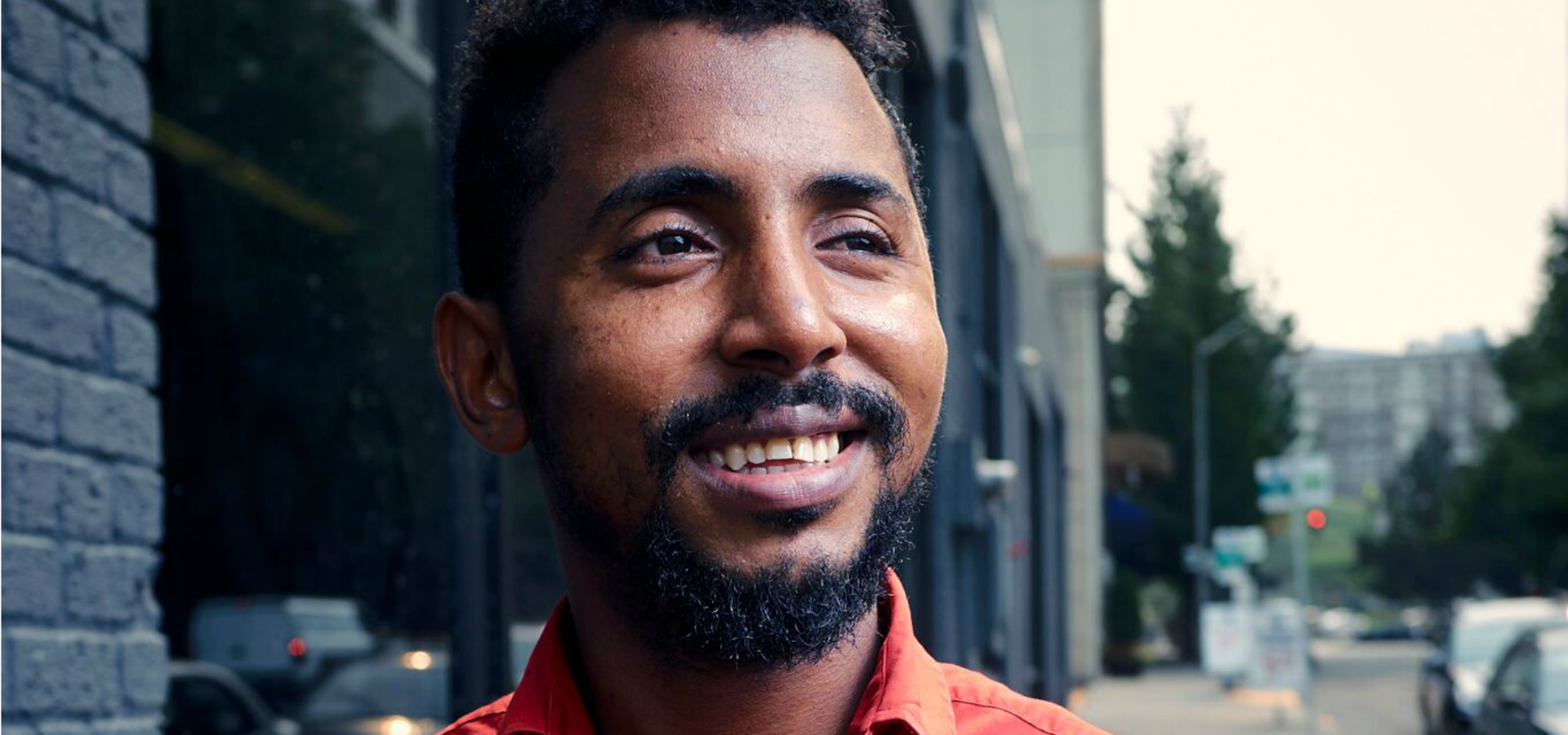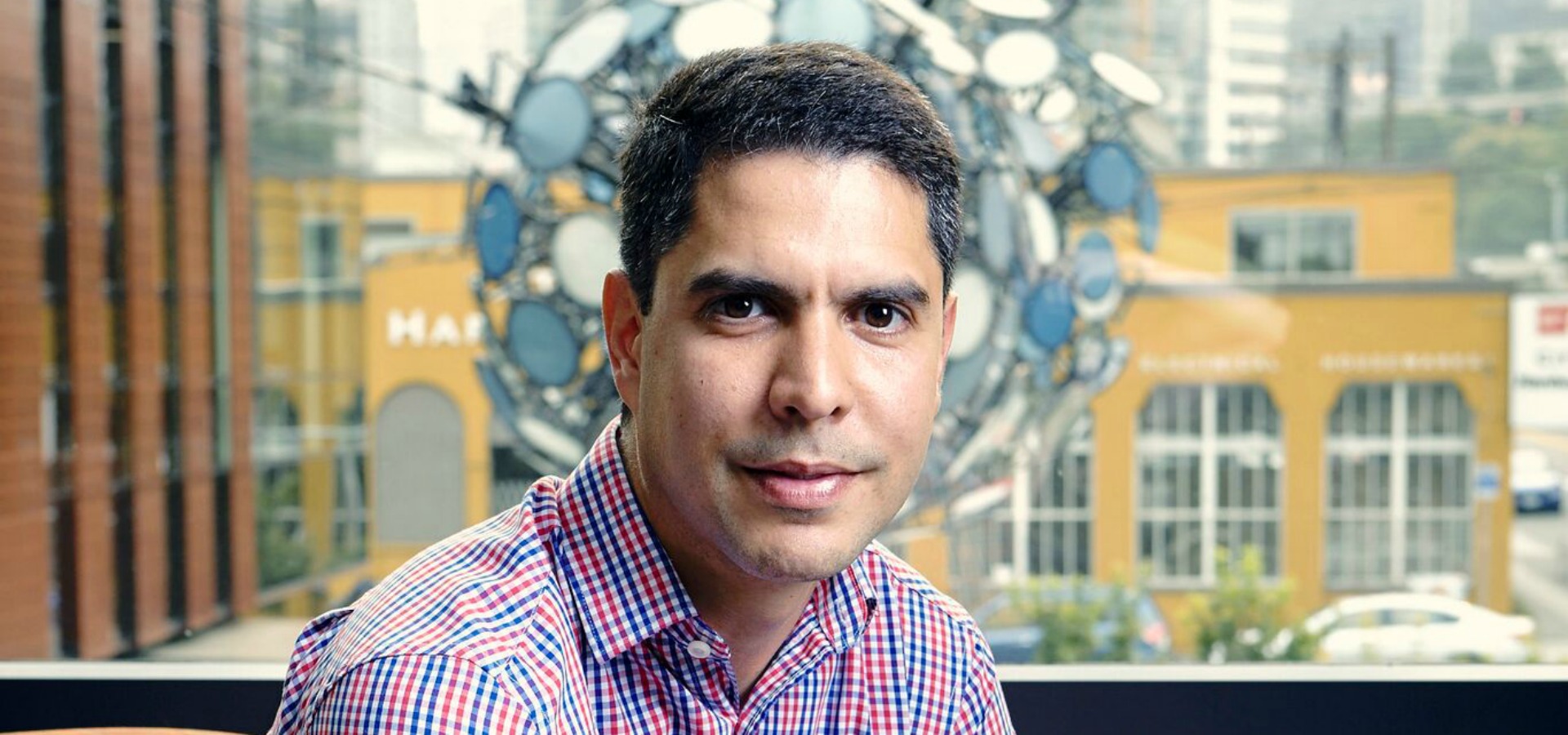A Voice for the People
How a Gambian immigrant is giving back to Seattle youths in need
Modou Nyang spends much of his day trying to convince Seattle’s most vulnerable kids that he can actually help them. As an outreach worker with YouthCare, Nyang meets with homeless families and kids to assess their needs and lay a path to stable education and housing. But his message is a tough sell for kids who have bounced around the foster-care system, been swept from encampments they call home, or watched their undocumented parents struggle to find work and aid. Most kids Nyang interacts with on the street, in encampments, or at community centers have the same question: Why should they trust him? “We engage mostly with young people who have 1: lost trust in the system, and 2: see the system not as a helping institution, but as a victimizing institution.”
Nyang knows about victimizing institutions. He is from the Gambia, where former President Yahya Jammeh, for decades, imprisoned and tortured activists. Nyang was an advocate for international children’s rights, and in 2014, he attended the United Nations’ Youth Assembly in New York. While there, contacts in the Gambia’s security forces told Nyang that an arrest warrant for him had been issued, and that his life was at risk if he returned home. He sought asylum in the U.S., and has been here since. His wife remains in the Gambia; she is undergoing the refugee resettlement process, which can take years.
“It was my purpose in life… to be part of a voice for the people, and speak for the people. It was a tough decision [to seek asylum], but at the end of the day, people were telling me, ‘Well, what are you going to achieve if you die?’”
Nyang says living as a black Muslim refugee is a challenging existence, particularly when he first arrived. But he sees Seattle as a place of opportunity, and his work with YouthCare is his vehicle for improving society as he did in the Gambia. Once Nyang, after weeks or months of continued outreach, finally builds trust with kids, he can usher them toward the stable life he envisions for all Americans.




